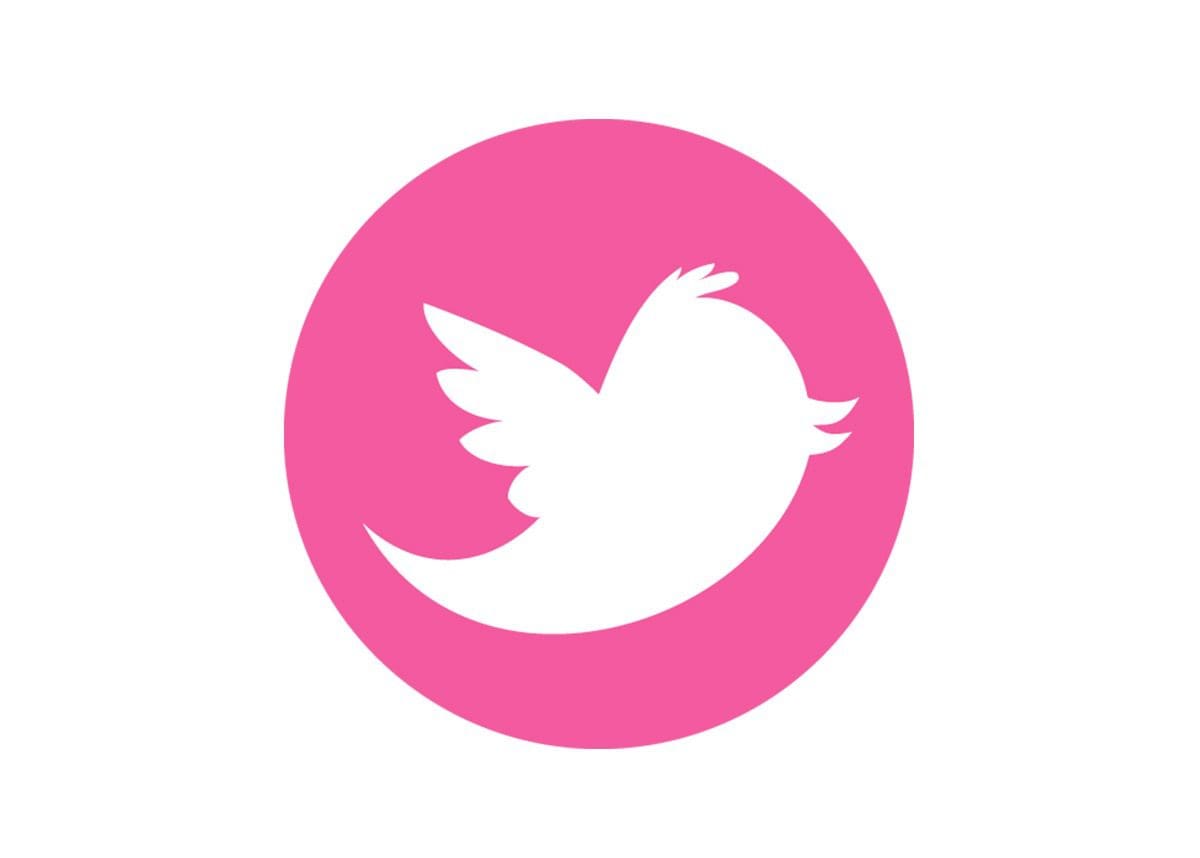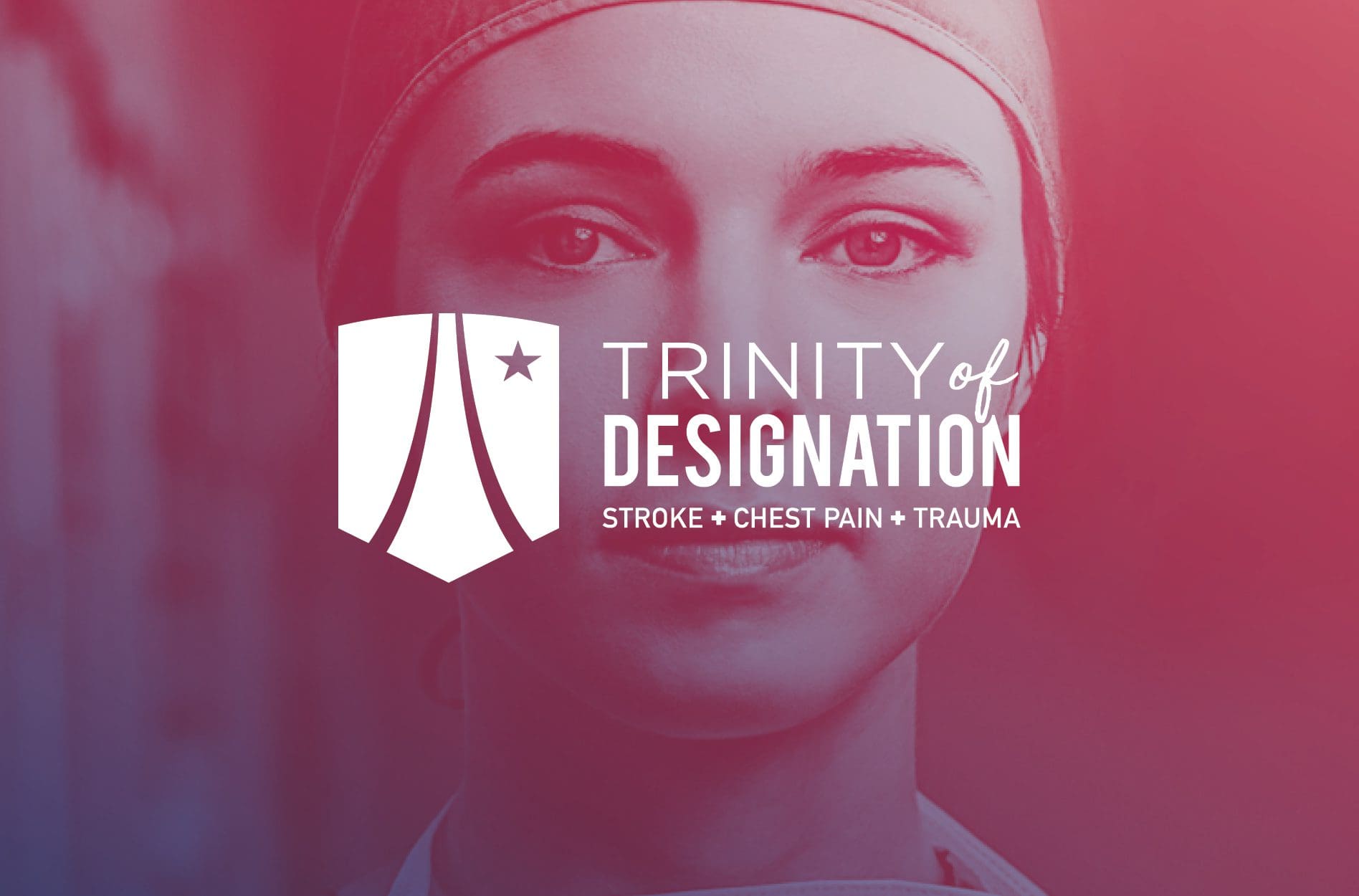What Is a Domain Name?
Your domain
name is the specific title for your unique IP address, telling the world where your website is, like
nice-branding.com. The name of your domain titles your presence online, and while having a creative and memorable name is important, ownership of the domain is imperative. So you wonder…do you own your domain? Chances are, if you don’t have login information to an internet domain registrar, such as GoDaddy, you probably don’t own it. It’s easy to find out who owns your domain by entering your domain at
www.whois.com.
Domains are owned by whoever purchased them. Once a domain is purchased and registered, it’s a process—sometimes complicated—to change ownership. It’s a great idea to purchase your own business domain name, even if a website company says they will purchase it for you. That way, there’s no temptation for them to hold that domain hostage for any reason. Additionally, it allows you ultimate freedom over what is placed on that domain name. Owning the domain is the only way to guarantee your autonomous control over your online presence.
Sometimes you will find that the domain name you originally wanted is unavailable. You may have to pay a heightened fee to obtain it or get creative to come up with something clever that will resonate with your brand and your customers. Alternately, you may want to keep the meat of the domain the same, but change the extension. For example, you may need to consider a .net rather than a .com. It’s important to explore domain names before nailing down a business name. Additionally, your domain name is out in front of your business a lot. Make sure it’s descriptive. Make sure it’s unique. Make sure it aligns with your brand voice and
brand personality.
The Background of Top Level Domains (TLDs)
For the last 30 years, domain names were registered under a small handful of
Top Level Domain (TLD) options like .com, .org, or .edu. If your domain name was unavailable under your desired TLD, the only options were to either buy out the owner or wait for them to surrender possession of the address. Throughout the last few years, this has begun to change. More and more new domain extensions have become available, creating new options for domain names. Currently there are 20 to 30 TLDs, and that number is rapidly expanding—soon there are going to be hundreds of options.
In 2014, the
Internet Corporation for Assigned Names and Numbers (ICANN) began allowing corporations to suggest new TLDs (with an application and a stiff fee). If the new domain extensions was approved, that corporation had exclusive rights to all domains under that new TLD for 60 days, during which time they could preregister any number of domains. Following those 60 days, all other domains under that TLD are open to the public and can be secured by anyone who wants them. Since then, thousands of applications have been sent in, rapidly expanding the list of new domain extensions available to the general public.
TLDs’ Impact on SEO
Right now, it’s not looking like any of these new domain extensions will have significant impact on your domain’s SEO and search rankings. “Google will attempt to rank new TLDs appropriately, but I don’t expect a new TLD to get any kind of initial preference over .com, and I wouldn't bet on that happening in the long term either,”
writes Google’s Matt Cutts. “If you want to register an entirely new TLD for other reasons, that’s your choice, but you shouldn’t register a TLD in the mistaken belief that you’ll get some sort of boost in the search engine rankings.” Furthermore, Google’s John Mueller wrote that, “There still is no inherent ranking advantage to using the new TLDs. They can perform well in search, just like any other TLD can perform well in search. They give you an opportunity to pick a name that better matches your web presence. If you see posts claiming that early data suggests they’re doing well, keep in mind that this is not due to any artificial advantage in search; you can make a fantastic website that performs well on any TLD.”
Don’t Be Crazy About These New Domain Extensions…
Yes, you could definitely go crazy running up a list of your competitors’ names and domains, as well as alternate names and domains for your website, and pair them with many of these newly available extensions. Should you? Probably not. You’ll waste a lot of time and money. It’s wiser to be a bit strategic about the new available extensions and spend the rest of the time and money increasing the effectiveness of your brand and web presence.
…But Do Consider These New Domain Extensions
Even if there isn’t any basic SEO advantage to one TLD or another, there are plenty of reasons why jumping on the new domain extensions train would benefit your brand.
- New domain extensions will be added throughout 2015, adding thousands of new options including .actor, .design, .band, .club, .cooking, .delivery, .fashion, .doctor, and .expert.
- A quirky or interesting TLD can give you a catchy, creative URL to interest people or to help them remember your address.
- You want your URL to describe specifically what your company does: “your company.accountants” will clue people in to what you’re about better than “yourcompany.com” will.
- Reserve your spot so no one can buy “yourcompany.sucks!” (.sucks will be available from www.uniteddomains.com on June 21, 2015, and owning a .sucks URL is going to cost you $249/year. Other domain name management services like GoDaddy don’t offer .sucks domains yet.
- Stand out from the crowd of similar domain names with more generic TLDs, and cultivate interest in your brand. Additionally, consider divisions of your company and promotions for your company.
- For better or for worse, having a unique TLD in your domain name makes you look new and, hopefully, relevant.
- Once the TLD goes public, prices for the domain names will vary. Some of them will be cheaper than the standard .com or .org domains, while others will be more! After all, there has to be a reason for all this insanity right?
- There are some very specific new domain extensions coming out. For example, .beer and .cars. If you’re in that industry or an industry with a specific TLD, it would be wise to consider purchasing. For example, mercedes.cars or budweiser.beer
Credibility
Keep in mind that old, generic TLD domains are still sometimes more credible than newer, quirkier ones because they are more familiar and comfortable, especially to certain demographics. As time goes on and different TLDs are used, perceptions of domain names will change. Currently, .com has more credibility than .ecom, but that could change as different brands, both good and bad, latch on to each one. For now, at the end of the day, .com has the most credibility.
The Bottom Line: Choose Wisely!
Whatever domain name you choose will house your brand and your website, so choose wisely. Remember that ownership of the domain is your first priority! Whatever clever, interesting, or catchy domain name you pick will reflect your brand personality just like the rest of your online image will, so own up and nail down ownership of your domain to ensure that you alone get to preside over your content. The options are (about to be) endless, so take a chance with fun new domain extensions, or stick to the basics and register a .com name. Either way, put your best foot forward and make sure your web address represents what you do!
P.S. Go out and purchase your .sucks domain name as soon as it’s available for purchase. Hopefully your competition hasn’t beat you to it!







